Preparing for the Future of Work: Upskilling and Reskilling for Employee Retention
The rapid pace of technological advancement and changing market demands are reshaping the workforce landscape. To remain competitive, companies must focus on upskilling and reskilling their employees. Investing in continuous learning not only enhances organizational capabilities but also plays a crucial role in retaining talent.
The Importance of Upskilling and Reskilling
- Closing Skill Gaps: Addresses the mismatch between current skills and future needs.
- Employee Retention: Employees are more likely to stay when they see growth opportunities.
- Adaptability: A skilled workforce can adapt to industry changes and innovations.
- Competitive Advantage: Enhances the company's ability to innovate and excel.
Strategies for Effective Upskilling and Reskilling
1. Assess Skill Needs
- Skill Gap Analysis: Identify current competencies and future requirements.
- Employee Input: Gather insights on areas where employees wish to develop.
2. Develop Learning Programs
- Customized Training: Tailor programs to address specific skill gaps.
- Diverse Learning Formats: Offer workshops, online courses, and hands-on projects.
3. Leverage Technology
- E-Learning Platforms: Utilize online resources for flexible learning.
- Virtual Reality (VR) Training: Implement immersive learning experiences where applicable.
4. Encourage a Learning Culture
- Leadership Support: Leaders should champion continuous learning.
- Recognition of Learning Achievements: Acknowledge and reward skill development.
5. Provide Career Pathways
- Clear Progression Plans: Outline how new skills lead to advancement.
- Mentorship Programs: Pair employees with mentors for guidance and support.
Overcoming Challenges
- Time Constraints: Integrate learning into the workday to reduce conflicts.
- Budget Limitations: Utilize free or low-cost learning resources.
- Employee Resistance: Communicate the benefits and provide incentives for participation.
The Role of Recognition in Learning and Development
1. Celebrate Learning Milestones
- Certificates and Awards: Provide tangible recognition for completed training.
- Public Acknowledgment: Share achievements in company communications.
2. Tie Learning to Rewards
- Performance Bonuses: Link skill development to compensation incentives.
- Career Advancement: Promote employees who demonstrate new competencies.
Conclusion
Preparing for the future of work requires a proactive approach to employee development. By prioritizing upskilling and reskilling, companies can retain valuable talent and build a workforce equipped to meet emerging challenges.
Call to Action
Ready to recognize and reward your employees' commitment to learning?
Olive Branch Awards offers personalized recognition solutions that celebrate professional development. Encourage continuous growth and show your employees that their efforts are valued.
Visit olivebranchawards.com to learn how we can support your upskilling initiatives.

